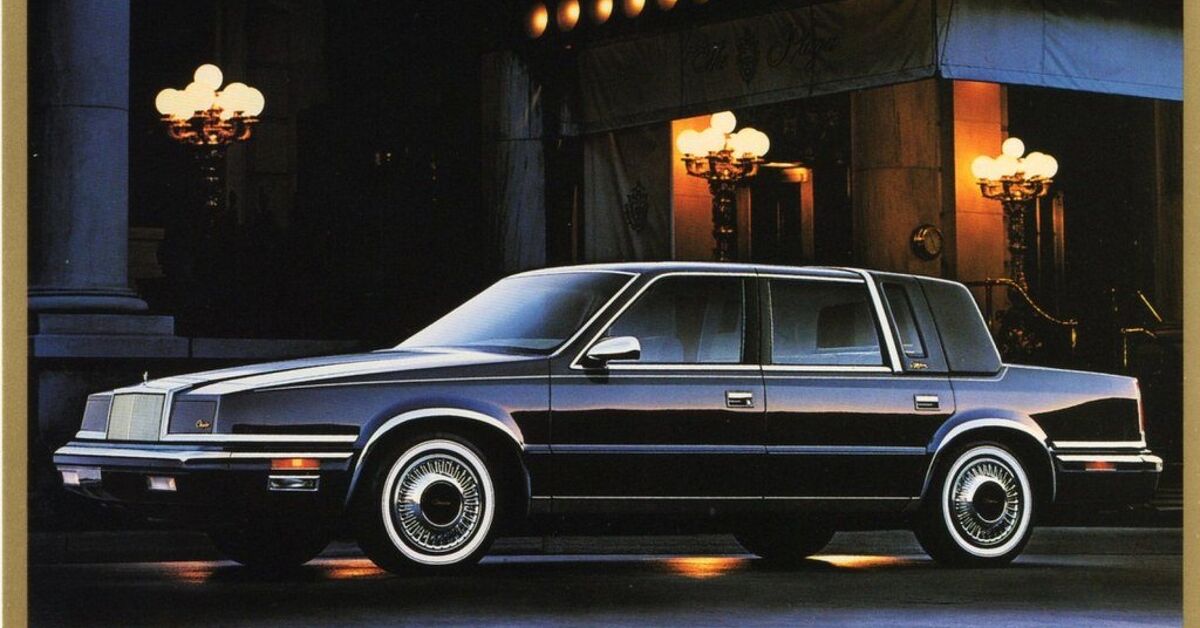One of the arguments of using thin oil is that engines were engineered for it.
However thickies are saying bearing clearances, piston clearances, etc. haven't changes in the last 4 decades. What about VVT systems?
Does using thick oils affect VVT system operation or is there no documented cases of this actually happening?
However thickies are saying bearing clearances, piston clearances, etc. haven't changes in the last 4 decades. What about VVT systems?
Does using thick oils affect VVT system operation or is there no documented cases of this actually happening?


